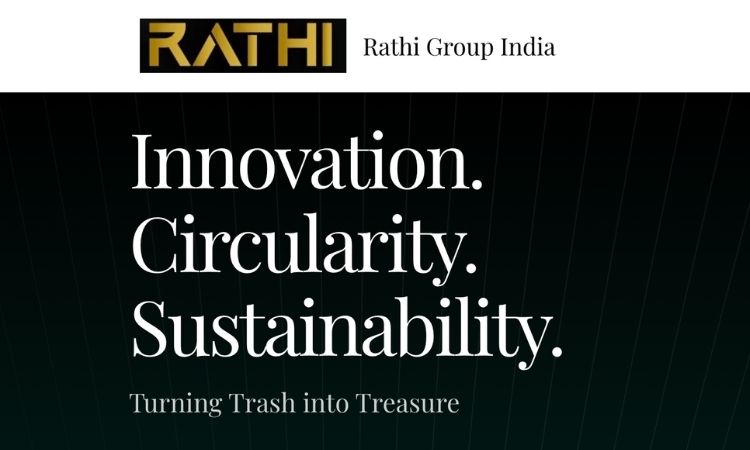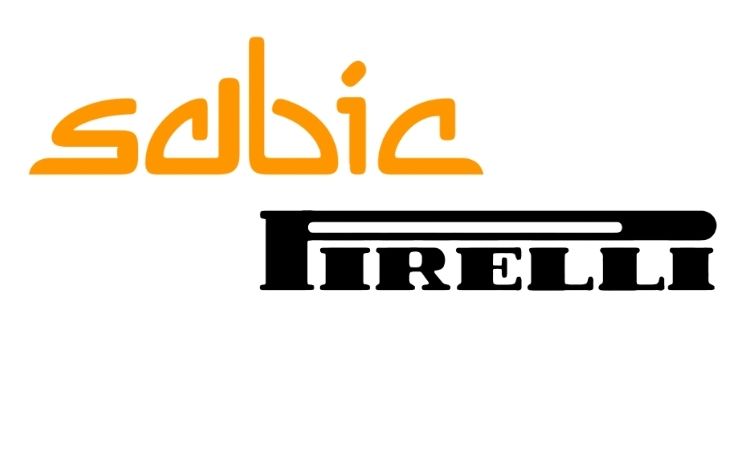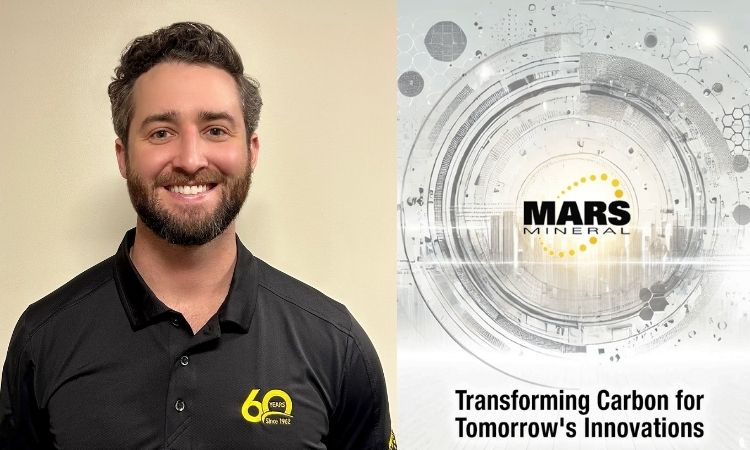AZuR appeals for clear EU regulations on end-of-waste status for rCB and TPO
AZuR calls for end-of-waste recognition for chemically recycled materials.
Specifically, recovered Carbon Black (rCB) and Tire Pyrolysis Oil (TPO), obtained through thermolysis processes from used tires, should be classified as valuable secondary products rather than waste. The lack of harmonization between the EU Waste Framework Directive and the EU Chemicals Regulation REACH could otherwise spell the end of chemical circular economy initiatives for used tires.
Chemical recycling of used tires enables the recovery of valuable secondary raw materials such as rCB and TPO, which can replace fossil-based materials in industry. However, the potential of these recovered materials to promote a sustainable circular economy in the European Union is hindered by the lack of alignment between the Waste Framework Directive (WFD) and the Chemicals Regulation (REACH). These two key EU regulations are not harmonized in their application and interpretation, leading to significant legal uncertainties for companies in the recycling sector.
“The current legal framework obstructs the development and integration of recognized circular processes in the used tire recycling industry,” explains Christina Guth, coordinator of the AZuR network. “We therefore call for an EU-wide harmonized regulation that establishes end-of-waste status for rCB and TPO, to strengthen the market for these environmentally friendly, reclaimed products from used tires while simultaneously achieving the EU’s environmental goals.”
To learn more, proceed to AZuR's website.
Weibold is an international consulting company specializing exclusively in end-of-life tire recycling and pyrolysis. Since 1999, we have helped companies grow and build profitable businesses.









